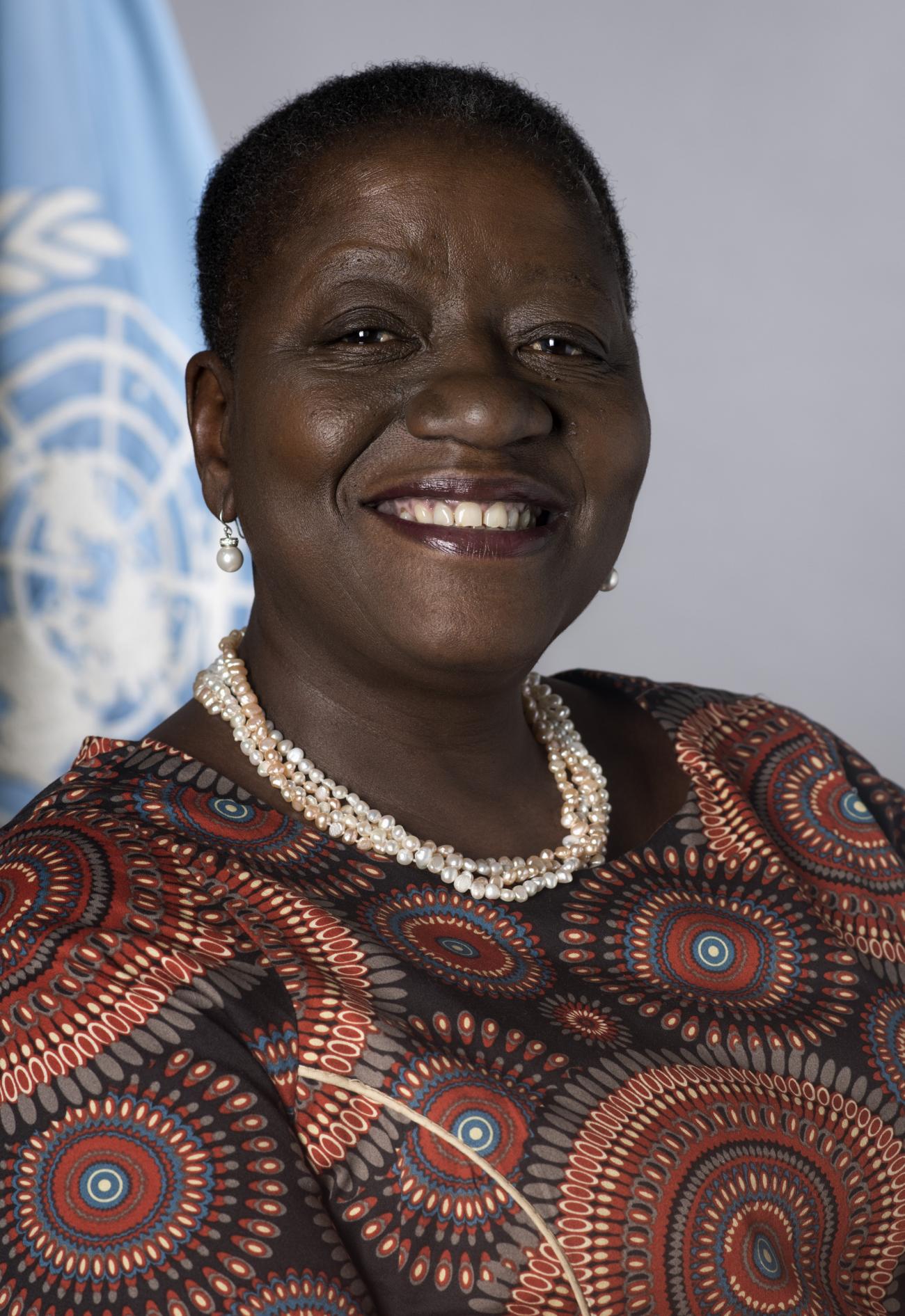COVID-19: Strong international partnerships key to bolstering Africa’s response

We are faced with an unprecedented situation brought about by the emergence and rapid spread of COVID-19, the biggest public health emergency of our time.
If there ever was a time for full-scale global solidarity and cooperation to fight for health rights that time is now because no one country would ever be able to prevent or fully control the COVID-19 pandemic on its own. We are faced with an unprecedented situation brought about by the emergence and rapid spread of COVID-19, the biggest public health emergency of our time.
Indeed, COVID-19 has triggered a humanitarian and socio- economic crisis that is already devastating societies and reversing vital gains made in human development. The magnitude of the crisis is becoming clearer with every day passing. It could have a massive impact on peace and security, development, human rights but, above all on the lives and livelihoods of ordinary people, particularly the poor and the most vulnerable, who struggle to eke out a living in an already highly unequal world. Unfortunately, the hard reality is that many lives will be lost before the pandemic is brought under control and its wider ramifications will be felt for years to come. Its immediate and long-term impact on the developing world is expected to be massive. And, given Africa’s acute vulnerabilities, without an aggressive and concerted intervention, the human toll of the crisis in the continent, and its socio-economic ramifications, could be unfathomable. Unless global solidarity is extended, Africa will once again be left behind.
Since the pandemic started, most countries have focused, understandably, on protecting their nationals. However, it has become clear that fighting the disease only within one’s borders will not be effective in combating a pandemic that, by its very nature, is global. International support and solidarity are required to beat COVID-19.
African countries have shown leadership individually and collectively. The African Union has established an Africa Taskforce for Coronavirus (AFTCOR) to develop a unified continent-wide strategy— and sectoral strategies to combat the virus and its impact are being developed. African Member States are taking a number of measures to contain the spread of the virus and mitigate its socio-economic impact. Clearly, that will not be enough.
Africa lacks the financial resources, the infrastructure and the human capacity to mount an effective and comprehensive response matching the scale of the problem. Over $200 billion will be needed to implement the Africa-CDC preparedness strategy. Additional resources will be needed to tackle the direct and indirect non-health consequences of this crisis. The UN and the African Union are coming together to overcome this challenge. The Secretary-General has called on G20 leaders to adopt a stimulus package for developing countries. A humanitarian appeal for US$ 2 billion has been launched. An African Anti-COVID-19 Fund has been established by the Bureau of the Assembly of the African Union Heads of State and Government. Calls for debt cancellation and suspension have been made. And some support from the international community and private donors has started to arrive.
But, again, more will be needed. Let us not forget that ultimately it is about saving lives and livelihoods. In the short term, efforts will have to concentrate on stopping the COVID-19 pandemic and strengthening social protection and safety nets to tackle its immediate effects. Poverty and inequality are a reality on the continent that leaves many people vulnerable and destitute. The most vulnerable segments of the population will fall victim to the virus and therefore require urgent support. Social isolation and washing hands are amongst the important measures but are not easy for people who live in overcrowded homes and neighbourhoods, without water and sanitation and living from hand to mouth. This no doubt puts additional strains on the capacity of African governments. As argued, the virus has brought into sharp focus the level of inequalities that exist in the world, while it does not discriminate but attacks everyone in its path.
We will also need to lay the foundations for a strong post-COVID-19 recovery in the medium and the long-term. The Sustainable Development Goals and the Agenda 2063 are a clear way forward. When the UN General Assembly launched the Decade of Action last September to accelerate progress towards the SDGs, it warned us that the world was lagging behind. Unfortunately, we are now witnessing the consequences. Strong health systems, good nutrition and clean air are basic instruments to fight COVID-19 and pneumonia. The world definitely needs to take action and realize that sustainable and inclusive development is the best way to prevent a future pandemic. As the Secretary-General said if “done right, we can steer the recovery toward a more sustainable and inclusive path”.
Let us not lose this opportunity. We can do it. We just need to work together. As an African proverb says, “you need all the fingers to pick up the flour”. Let us all join to defeat this virus in Africa and in the world. We are not too late. Figures show that the virus is starting to spread in Africa. If the world reacts swiftly, if support for Africa scales up, we are on time to stop its expansion. It is in the interest of the entire world to do so; this is a virus that knows no borders.
We plead with all African actors locked in conflict to respond, with immediate action, to Secretary-General António Guterres’ call for a global ceasefire. Some have already accepted the call. The momentum is growing. There is no greater adversary to all humanity today than the COVID-19 virus that is devastating us indiscriminately, an adversary that is blind to all the differences that divide us.
On our side, the UN Office of the Special Adviser on Africa (OSAA) will continue to support the Secretary-General’s efforts to foster a coherent and coordinated response of the UN System in its support to Africa and to step up its global advocacy in support of Africa’s fight against the COVID-19. This is the way to achieve the Africa we want and to ensure that we leave no one behind.
Ms. Bience Philomena Gawanas of Namibia is the Special Adviser on Africa, Office of the Special Adviser on Africa
Source Africa Renewal : https://bit.ly/2VyY2ts
Written by












